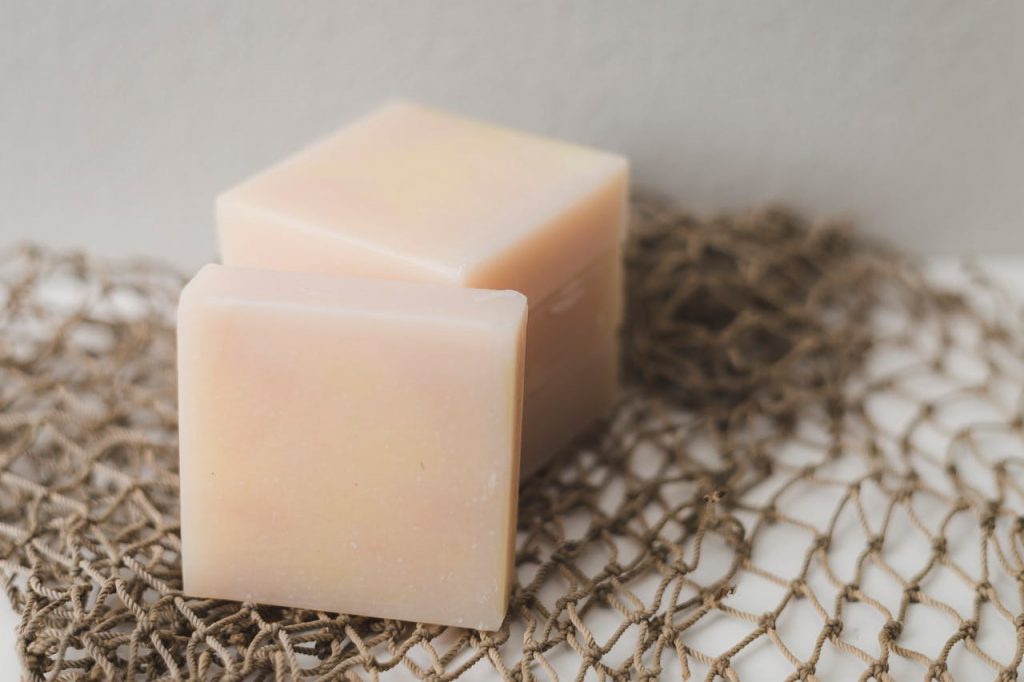Home pregnancy test with soap: how to do it
We will also tell you how accurate it is for determining pregnancy.
A home pregnancy test with soap is in demand on the Internet. It is inexpensive and easy to perform. In addition, many girls are simply too lazy to go out and buy a regular test.
But is this test worth trying, and does it give an approximate estimate of pregnancy? MigNews will tell you everything you need to know about this.
Home pregnancy test with soap: how to do it?
Do-it-yourself pregnancy tests, such as the soap test, have attracted attention due to their simplicity and the curiosity they arouse about home methods of determining pregnancy.
To perform the test, you will need a small bar of soap (some people prefer dishwashing liquid), a sample of your first urine of the day, and a sterilized cup (preferably clear so you can see the reaction). If you want to try it, do it a week after your period has stopped. Do it in the morning with your first urine of the day, when the hCG hormone is highest.
- Place a small bar of soap in an empty cup.
- Collect the urine sample in a separate cup.
- Pour the urine into the cup with the soap and wait to see the result.
- If you notice any chemical reaction in the mixture, it is considered positive.
It is believed that leaving the solution undisturbed for about ten minutes will give a result.
- A positive result is when the mixture bubbles and/or the blue soap turns green.
- If no such reaction occurs, the result is considered negative.
How Does a Soap Pregnancy Test Work?
A soap pregnancy test, or any homemade pregnancy test, is believed to react to the hCG hormone in a urine sample. The soap is likely to react with the hCG and form foam or bubbles. Some proponents of the test claim that blue soap turns green when it reacts with the hCG. Thus, this process can help determine whether or not you are pregnant.
- Fact: Regardless of the type of soap used for testing, you may see bubbles or foamy liquid due to the chemical reaction between the urine and the soap. Therefore, this test should not be the only way to check for pregnancy.
Home Pregnancy Test with Soap: How Accurate Is It?
 The soap pregnancy test is inaccurate and serves to satisfy curiosity or perhaps to entertain a person, Source: pexels.com
The soap pregnancy test is inaccurate and serves to satisfy curiosity or perhaps to entertain a person, Source: pexels.com
Soap pregnancy tests are unreliable. Soap, which is supposed to foam, can become foamy if you add something to it. Therefore, it can show similar results even in a non-pregnant person. While you can try this test at home, you should always back it up with a pregnancy test or see a healthcare professional for a blood or urine test to confirm the result. Commercial pregnancy tests have high sensitivity and specificity, making them a reliable choice for confirming pregnancy, unlike homemade methods that lack scientific support.
A blood test is 99% accurate in determining a possible pregnancy. Therefore, if you have any doubts, it is recommended to schedule a test with a doctor for confirmation rather than relying solely on homemade tests.
Are homemade pregnancy tests safe?
While some people claim that these tests, which often use common household items like sugar, baking soda, or vinegar, are safe and can indicate pregnancy, there is no scientific evidence to support this claim. These DIY methods can lead to false results, which can cause unnecessary anxiety or misinformation about your health.
Early detection and early prenatal care are essential for the well-being of both the mother and fetus during pregnancy. A homemade soap pregnancy test is inexpensive and easy to perform. However, it is not accurate, and there is no scientific evidence that it works. You can try it out of curiosity, but back it up with a home pregnancy test using a kit if you have missed your period and suspect you are pregnant. If the result is positive, have a confirmatory blood and urine test done at a doctor's clinic.
By the way, if you have shampoo at home instead of soap, you can also determine pregnancy. Here's what you need.

